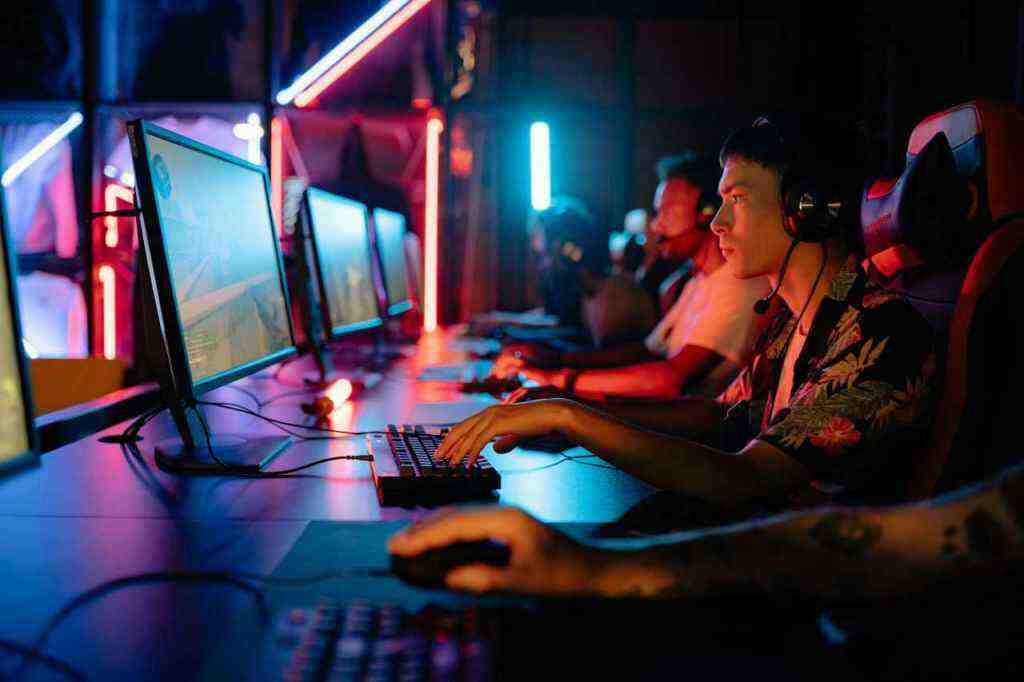Esports Brand Sponsorships: A Resurgence with New Strategies
In the realm of esports, a captivating digital arena where competitive gaming reigns supreme, a resurgence of brand sponsorships is unfolding, signaling a new era of strategic partnerships. While the industry navigates economic turbulence, a renewed interest in esports sponsorships is emerging, characterized by a more experimental approach and a shift from the blind trust of previous years.
Economic Reality and Esports Partnerships
The ongoing economic challenges have cast a discerning eye on the return on investment (ROI) in esports sponsorships. Brands are no longer willing to blindly replicate their traditional sports marketing strategies in the esports realm. The realization that esports ROI lags behind traditional sports has prompted a more prudent approach, with brands seeking tangible evidence of value before committing significant resources.
Key Numbers and Market Dynamics
Esports, despite its rapid growth and passionate fan base, remains a niche within the broader gaming community. In 2023, esports viewership reached 31.6 million, a small fraction of the 3 billion global gamers. The esports industry, valued at $2 billion, pales in comparison to the $180 billion gaming industry.
Despite the recent surge in brand partnerships, esports and gaming companies anticipate a lean 2024. Major industry players, such as Riot Games, Activision Blizzard, and others, have announced layoffs, indicating a cautious approach to spending. This economic reality is shaping the landscape of esports sponsorships, mendorong brands to seek innovative and cost-effective ways to engage with the esports audience.
Redefining the Relationship: Embracing Experimentation
Brands are recognizing that esports is a unique entity with its own audience behaviors and preferences. This understanding has led to a more experimental approach to sponsorships, with brands seeking to prove the value of esports within their marketing strategies. Shorter-term, smaller-scale partnerships are becoming more common as brands test the waters, seeking to gain a deeper understanding of the esports landscape and its potential for ROI.
Consolidation and Accessibility
The consolidation of esports companies, such as ESL/FACEIT Group and Blast, is creating a more accessible playing field for brands. The licensing of multiple esports simultaneously allows partners to reach diverse gaming communities while engaging with a single sales team. This streamlined approach simplifies the process for brands looking to enter the esports space, reducing the complexity and cost associated with managing multiple partnerships.
Diversity and Brand Perception
Esports organizations are actively addressing the lingering perception of the industry as an edgy, less brand-safe space. Recognizing brands’ concerns about diversity and inclusion, these organizations are investing in initiatives that promote a more inclusive and welcoming environment. This strategic shift aims to correct misconceptions and attract brands seeking socially responsible partnerships. By embracing diversity and promoting inclusivity, esports organizations are creating a more appealing environment for brands seeking to align themselves with values-driven organizations.
Conclusion: A New Era of Esports Partnerships
The year 2024 marks a new era for esports brand sponsorships. With a focus on experimentation, value-driven partnerships, and a commitment to diversity, the industry is poised for sustainable growth. As esports continues to mature and gain mainstream acceptance, brands will increasingly recognize its potential as a valuable marketing channel, offering access to a highly engaged and passionate audience. The resurgence of esports sponsorships, characterized by a more strategic and innovative approach, signals a bright future for the industry and its partners.
